The forgotten 3rd-place game that NFL legends hated
Once upon a time, the Detroit Lions kept finishing third. The NFL franchise that's synonymous with suffering used to dominate a divisive consolation matchup.
Following their last NFL championship in 1957, the Lions swept the first three installments of the Playoff Bowl, a relic of the '60s that prolonged the seasons of conference runners-up. The game's premise offended Vince Lombardi, the legendary Green Bay Packers coach, who was a reluctant occasional participant. The creation of the Super Bowl instigated its demise.
Detroit's collapse in last weekend's NFC title game recalled past near misses. At the start of the '60s, good Lions teams routinely finished behind the Packers in the NFL Western Conference standings. They got to battle the Eastern runner-up for third place at Miami's famed Orange Bowl a week after the conference winners played for the league championship.
Today, NFL recordkeepers count the Playoff Bowl as an unofficial exhibition series, which shortchanges certain clubs. The Baltimore Colts and Los Angeles Rams both triumphed twice in Miami. Landslide defeats bookended the Dallas Cowboys' lone victory. The Cleveland Browns and Philadelphia Eagles combined to go 0-5, but each won an NFL title in that period, softening the blow.
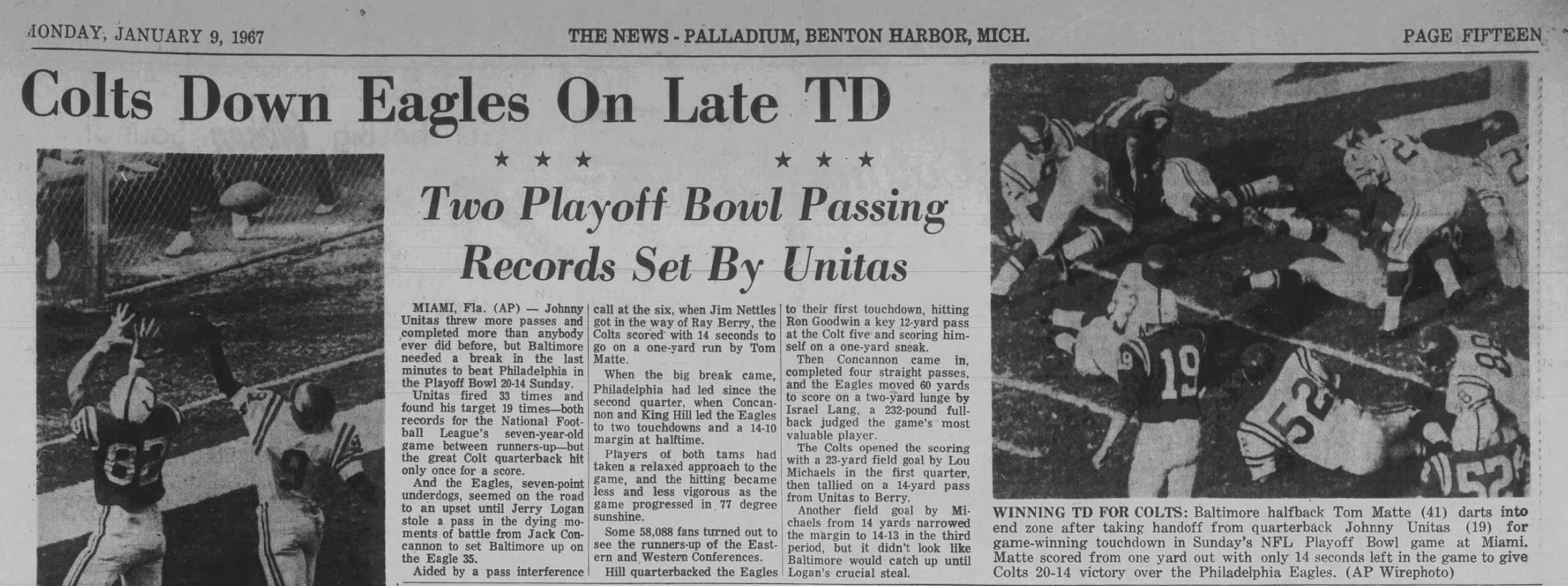
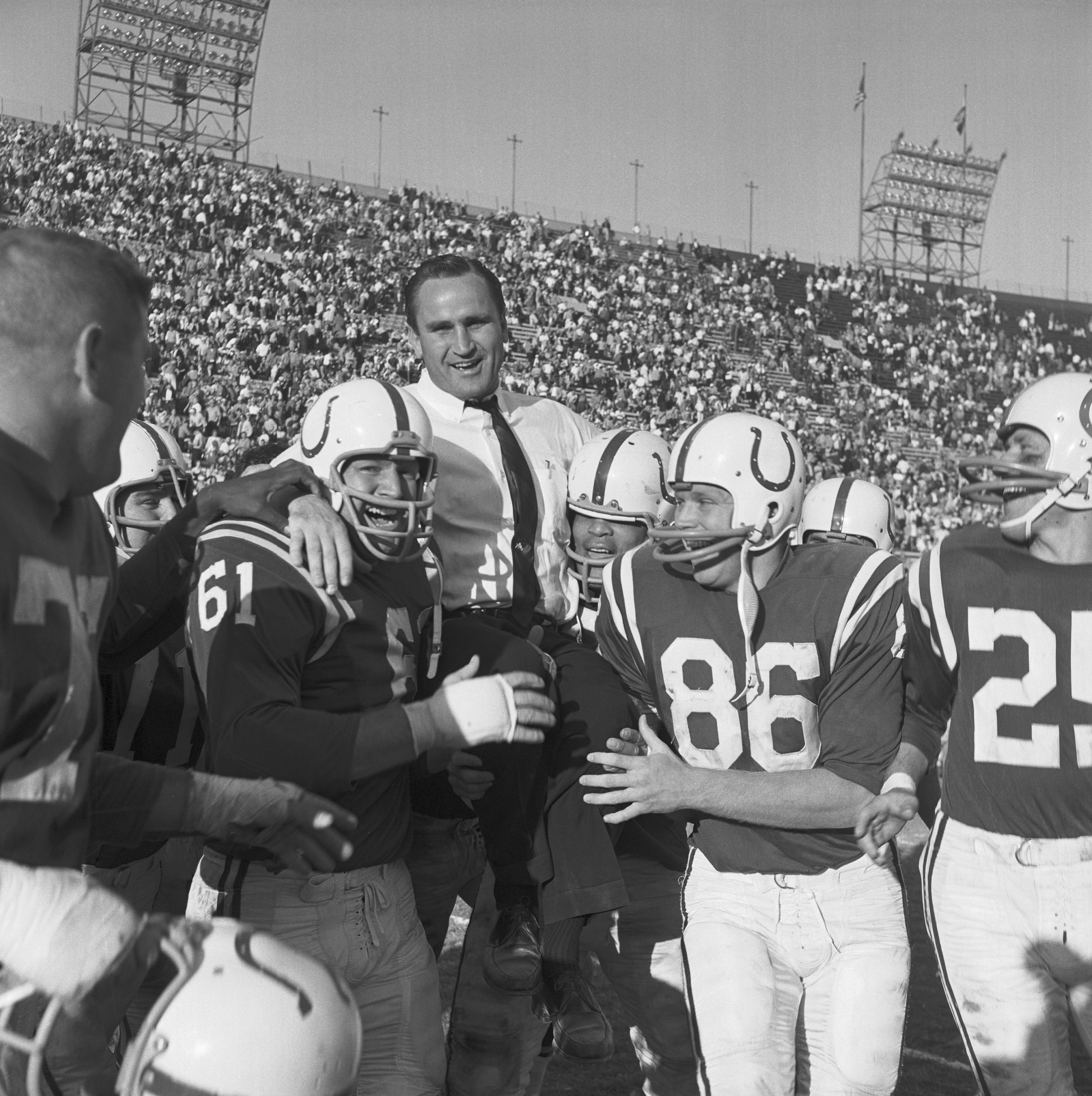
A coach and a player compiled immaculate records. A young Don Shula won five Playoff Bowls in Miami - three as a Lions defensive assistant, two as Colts head coach - before he led the Dolphins to bigger prizes. Star defensive tackle Roger Brown, who went 5-0 with the Lions and Rams, insulted his own achievement.
"Why are you waking the dead?" Brown asked The New York Times' Richard Sandomir in a 2011 interview. "I was in five of them, and to have played in it five (of) the 10 years it was in existence is pitiful."
Brown's contempt for the Playoff Bowl - some called it the "Superfluous Bowl" - mirrored Lombardi's. The namesake of the Super Bowl trophy stockpiled five NFL championships in Green Bay during the '60s.
"There's only one place here, and that's first place," Lombardi told the Packers during the dynastic run, according to obituaries published when he died. "There's a second-place bowl game, and it's a hinky-dinky football game, played in a hinky-dinky town, played by hinky-dinky football players."
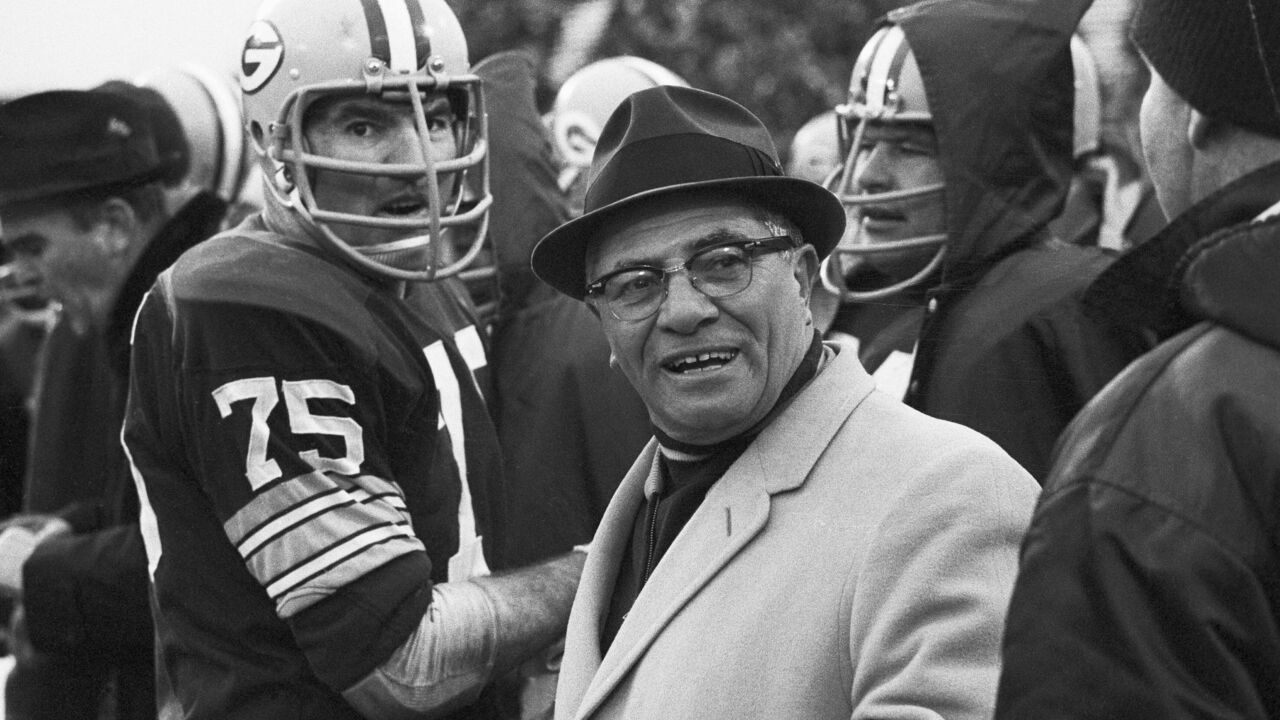
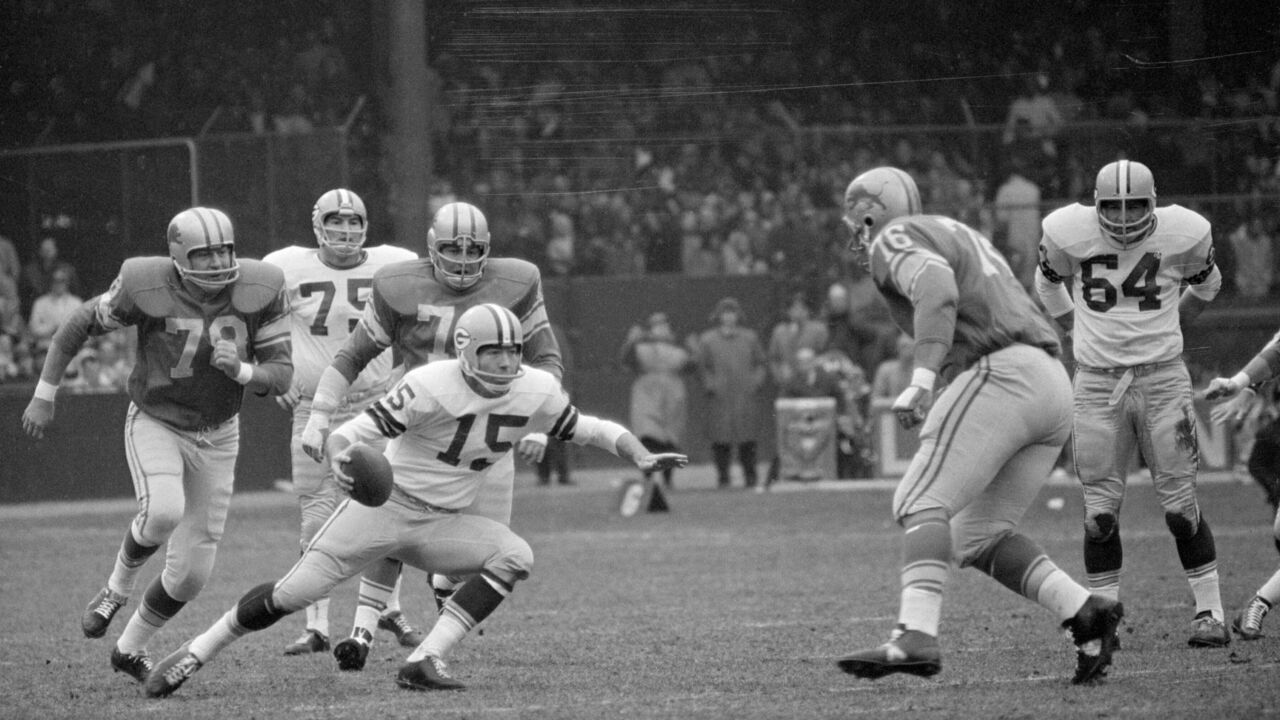
In the summer of 1959, NFL commissioner Bert Bell toured training camps to pitch the Playoff Bowl concept to players. He received "unanimous approval" from those polled, the Miami News reported. After Bell suffered a fatal heart attack at an Eagles game that season, successor Pete Rozelle implemented the third-place matchup as a posthumous tribute that would air nationally on CBS.
The NFL hoped to hog the spotlight deeper into January to upstage the insurgent American Football League, the direct competitor that launched in 1960. Incentivized to buy in, the first Playoff Bowl players were compensated in cash - each winner got $600, and losers got $400 - within 10 minutes of the final whistle. Three-quarters of the remaining gate proceeds went to the nascent NFL player pension fund.
Future Hall of Famers dazzled in Playoff Bowl I. Browns halfback Bobby Mitchell caught a short pass and carried it 89 yards to the end zone late in the contest. Lions cornerback Dick "Night Train" Lane, one of the sport's great ballhawks, blocked the extra-point conversion with his helmet to seal Detroit's 17-16 win.
"We prepared for the Playoff (Bowl) with the same thoroughness we did for any game during the (1957) championship season," Lions coach George Wilson told the Miami News. "I think the game is worthwhile from every standpoint."
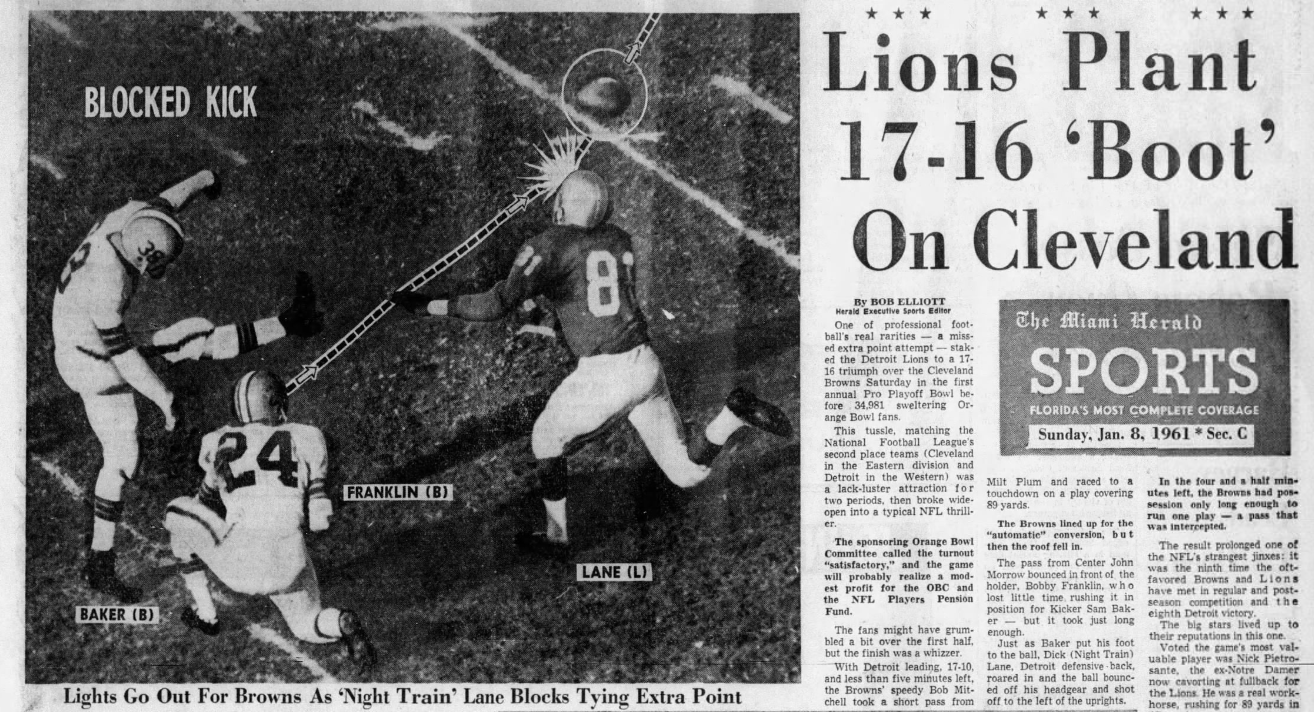
Wilson's next third-place win was emphatic. His defense knocked Eagles quarterback Sonny Jurgensen, another Canton enshrinee, out of the 1961 game with a separated throwing shoulder. To salt the wound in the fourth quarter, Lions QB and holder Earl Morrall rolled to the right on a fake field goal and connected with an eligible lineman for a touchdown that widened the final score to 38-10.
Decorated Playoff Bowl winners included the iconic quarterback Bart Starr, who participated twice with underachieving Packers teams. Starr's 99-yard touchdown strike to Tom Moore, the highlight of the 1963 edition, initiated a 40-23 blowout of Cleveland but failed to impress his exacting coach.
"It was like an American Football League game," Lombardi sniped postgame. "The Browns had no defense."
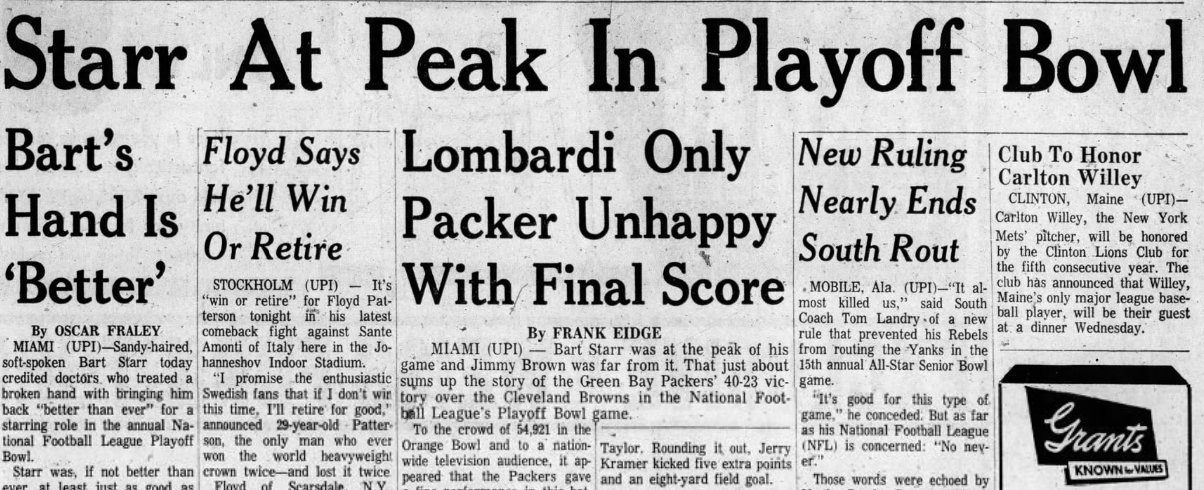
OTD 1965: The Big Red beat Vince Lombardi and the Green Bay Packers 24-17 in the Playoff Bowl which was essentially the NFL version of a third place game. Billy Gambrell scored two TDs and was named MVP. pic.twitter.com/1TrE4vtScz
— St. Louis Football Cardinals (@BigRed_STL) January 3, 2023
Luck favored Lombardi in the 1965 season. Green Bay's overtime win over Baltimore in a conference championship tiebreaker was made possible by the officials ruling that an errant Packers field goal stayed inside the upright. The losing coach, Shula, fumed about the blown call, then yelled at a reporter who wondered when the Colts would fly to Miami, per The New York Times' Michael Janofsky.
Shula was ornery at the Playoff Bowl. Cowboys president Tex Schramm asked him if the third-place combatants should sync the timing of their curfews.
"Don said, 'You run your football team, and I'll run mine,'" Schramm recalled to The Washington Post's Gary Pomerantz. "We didn't talk for a couple of years after that, at least not civilly."
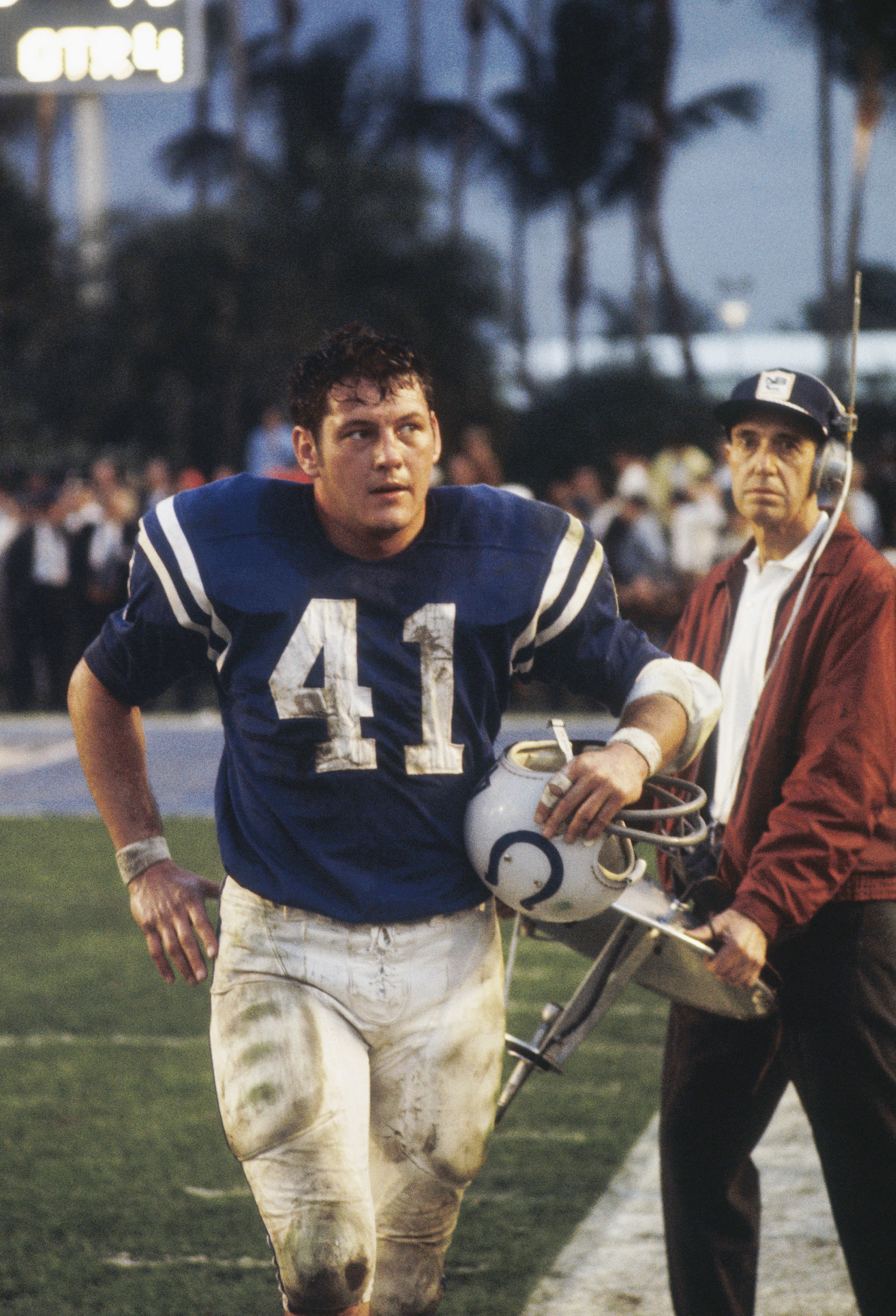
Injuries to the Colts' quarterbacks - perennial All-Pro Johnny Unitas and backup Gary Cuozzo - didn't stop them from smoking Dallas 35-3. Shula created a play-calling wristband for his emergency fill-in. Running back Tom Matte chucked the ball from the pocket, passing for 165 yards on just seven completions, and outdueled Cowboys QB Don Meredith.
Dallas shrugged off the loss. Playoff Bowl contestants tended to treat the week as a working holiday, sometimes partying until dawn.
Those Cowboys had fun in Miami, author Joe Nick Patoski wrote in a biography of the franchise:
The Playoff Bowl experience would be a new one for Dallas, off the field and on. (Linebacker) Lee Roy Jordan had been to the Orange Bowl before as part of the Alabama Crimson Tide, so he called his old coach Bear Bryant to ask about recommendations for the team. "He told me who to call to get into the dog tracks, what restaurants and places to go to that would be fun." Don Meredith was buying drinks for all comers at the team's hotel, charging the bar tabs to Tex Schramm's room.
The partying atmosphere and the newness of it all might have been factors in their (big loss), but no one was complaining too much because the Playoff Bowl, also known as the Runners-Up Bowl, the Leftover Bowl, and the Losers Bowl, was not that big of a deal.
If the Playoff Bowl was still around, blowing a huge halftime lead to the San Francisco 49ers wouldn't have ended the Lions' strong 2023 season. After the Baltimore Ravens' offense stalled against the Kansas City Chiefs in the conference championship, MVP favorite Lamar Jackson would've kept playing for a silver lining.
Demoralized juggernauts would've squared off in 2022. Roughing Patrick Mahomes on the decisive series of the AFC title game cost the Cincinnati Bengals a second straight Super Bowl berth. Because of Brock Purdy's UCL tear and backup Josh Johnson's concussion, the 49ers would've needed to scramble to sign a healthy quarterback.
Aaron Rodgers leads all passers with four hypothetical recent Playoff Bowl appearances. Two Mahomes-led teams would've been relegated to the consolation game. Debate shows would've clowned Tom Brady, Drew Brees, Andrew Luck, and Ben Roethlisberger for their involvement in various years.
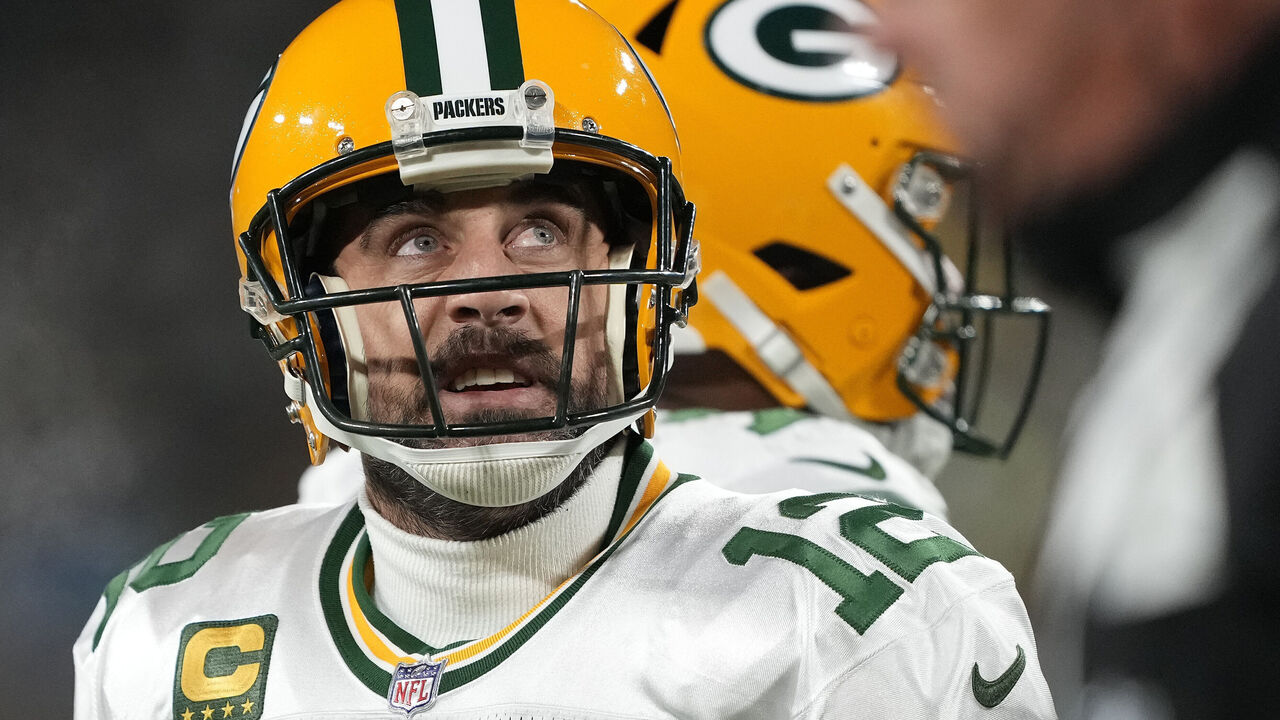
The Ravens would've been the latest No. 1 seed to settle for playing for third. Despite intercepting Brady three times, the 2020 Packers fell to his Tampa Bay Buccaneers in the NFC title game. In the 2018 conference finals, Brady's last triumphant New England Patriots team bounced the ascendant Chiefs in overtime, while a blown pass interference non-call helped the Rams stun the New Orleans Saints.
"It's tough to imagine that either squad would be able to care about a third-place game even a little bit," The Ringer's Rodger Sherman mused about those Chiefs and Saints setbacks. "But what if these teams used the game as an opportunity to reclaim a little bit of dignity after devastating defeats?"
In the '60s, the Playoff Bowl's peak crowd of 65,659 almost filled the Orange Bowl. Interest dwindled when the NFL and AFL decided to merge. The Super Bowl's addition to the postseason slate devalued what it meant to finish third on one side of the bracket.
Proposals to move the game to New Orleans or revamp the format - organizers would've hand-picked the opponents - were contemplated but nixed. The Playoff Bowl was scrapped post-merger when the postseason field expanded in the unified league.
Before the series disappeared, the 1968 Playoff Bowl produced a stirring highlight. Minnesota Vikings punt returner Bobby Bryant's 81-yard run back dazed the Cowboys in the first quarter. Both sides competed hard, and the thud of bruising hits resounded on film as Dallas rallied to win in the rain.
In some years, placing third inspired optimism. When the '69 season ended, the Rams basked in the afterglow of blanking Dallas in the Playoff Bowl finale. Victorious coach George Allen praised his players' effort, then predicted - incorrectly - that the momentum they generated would prompt a Super Bowl run.
"Next year could be the year for us," Allen told reporters in Miami, expressing what every runner-up desperately hopes. "Sometimes, you have to wait for things."
Nick Faris is a features writer at theScore.